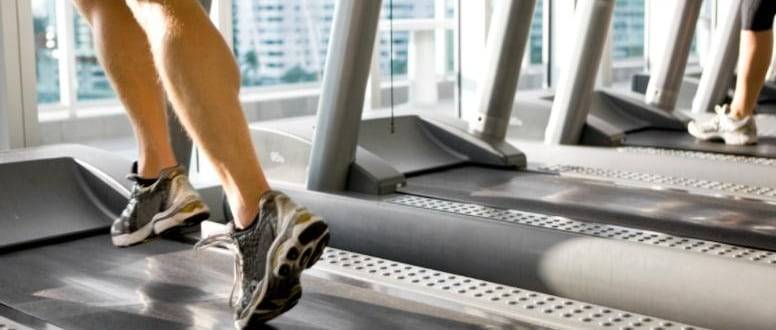
New study "sends" us to exercise early in the morning!
For those who can handle it, exercising on an empty stomach may be more beneficial for health than exercising after breakfast, according to an interesting new study.
Her findings suggest that meal timing affects fat burning during exercise and alters molecular activity in fat cells in ways that may have long-term impacts on physical health.
For athletic performance
Practitioners and scientists have known for years that eating time affects athletic performance. If, for example, one eats before exercising, one will have high blood sugar levels and the hard working muscles will have raw material ready to use as fuel.
But if he works out on an empty stomach, the muscles will have to rely on the body's carbohydrate reserves or even greater fat reserves. However, to gain access to fat, additional metabolic steps are required, which means that stored fat is an unreliable energy source for vigorous exercise. Therefore, one has to exercise with a moderate intensity to be able to use it as an energy source.
This difference is known to athletes, who adjust their eating times accordingly, hoping that their bodies will learn to better utilize fat as energy.
However, how do meal times affect athletic performance and how do they affect general health? For the latter, the scientific data is not so clear.
For the health
This gap wanted to be filled by scientists from the University of Bath in England, who published in the "American Review of Physiology - Endocrinology and Metabolism" (AJPEM) a study with ten overweight, untrained but otherwise healthy young men, which examined the effects of exercise (it was walking for an hour at a moderate speed) on a full and empty stomach.
Before and after each workout, the researchers subjected the men to fitness and metabolic rate tests, and took blood and fat tissue samples.
As they found, there were significant differences. When the men exercised fasted, they had lower blood sugar levels at the start of the workout and burned more body fat than when they had eaten breakfast first. After the morning meal, however, they burned slightly more calories, on average, than when they exercised fasted.
Equally impressive were the differences they observed in fat cells. Depending on whether the volunteers exercised on a full or empty stomach, the expression of numerous genes changed, some of which produce proteins that may improve blood sugar regulation and insulin levels, thus being associated with improved metabolic health.
These genes were much more active when the men exercised in a fasted state, the researchers wrote in their paper.
What does this mean practically? If you want to get the maximum health benefits, you may need to exercise on an empty stomach, said lead researcher Dr Dylan Thompson, Professor of Physiology at the University of Bath. And that's because long-term good metabolic health probably means protection from ailments like diabetes, heart disease, etc.
Source: THE NEW Insert Health

No Comments